Monday
Workshop
Monday, October 2
8:00 a.m. – 12:00 p.m.
Bridging the Path from OR to PACU: Strategies for Improving Throughput
Janet Quigley, MSN, RN
Nursing Director: Post Anesthesia Care
Massachusetts General Hospital
After this session you’ll be able to:
- Identify challenges that affect patient throughput.
- Discuss strategies to improve throughput and patient care.
- Describe methods to implement best practices for improved utilization of pre- and postop PACU bays.
Why this is important:
Postanesthesia care units have evolved into much more than just “the PACU”—they have become the patient care hubs of a facility. Management of these clinical areas is complex and requires a leader who can ensure patient flow amid the challenges of a high-functioning PACU. Are you experiencing obstacles in managing immediate postoperative patient care through recovery or non-OR recovery (NORA) patient flow? How about having to function as an Emergency Room overflow unit or preparing for the daily variable of patient volume and acuity? Do you frequently have to hold patients for floor beds or struggle to minimize OR holds? If so, this workshop is for you! You will take an in-depth look at internal and external challenges that are faced daily in the PACU and learn strategies to confront, control, and improve pre- and postoperative throughput.
Breakout
Session
Monday, October 2
1:30 p.m. – 2:45 p.m.
Postop Leadership Techniques: What Makes a Good Mentor?
Carol Pehotsky, DNP, RN, CPAN, ACNS-BC, NEA-BC
Associate Chief Nursing Officer, Surgical Services and Senior Director, Surgical Nursing, Main Campus
Cleveland Clinic
Mary Szostakowski, MSN, RN, CNOR
Nurse Manager, Urology & Gynecology
Cleveland Clinic
After this session you’ll be able to:
- Discuss methods to establish and maintain meaningful mentoring relationships in the postanesthesia care unit (PACU) arena.
- Explore leadership strategies that enhance postoperative staff development and communication.
- Discuss approaches to sustain engaged staff in any setting.
Why this is important:
Mentorship is a communicative relationship that can enhance engagement and increase performance at all levels, from frontline clinicians to executive leadership. This session will facilitate an understanding of mentorship in the PACU arena, which requires a unique skill set and, therefore, a divergent approach to management. Caregivers in today’s workforce, regardless of age or generation, want to feel supported and encouraged by their leadership. How do you engage your staff to ensure they perform at the top of their licensure? This speaker duo, mentor and mentee, will explore techniques to encourage continuing education, certification, and leadership opportunities through mentorship.
Keynote
Speaker
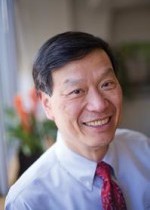
Monday, October 2
2:45 p.m. – 4:00 p.m.
Changing the Equation: The Future of your OR and PACU in the Ever-Changing Healthcare Environment
David C. Chin, MD, MBA
Distinguished Scholar
Johns Hopkins Bloomberg School of Public Health
- Summarize the major Federal and State Policies driving value-based purchasing of health care.
- Discuss and interpret the key financial levers in the US healthcare system and their implications for academic medical centers and clinicians.
- Review the ever-changing healthcare landscape and what may be coming in the future.
- Understand your role in the future of healthcare.
Why this is important:
Healthcare costs have far outpaced predictions of the past, and with so many questions looming in 2017, it’s critical for perioperative leaders to be prepared to move their businesses forward. How did we get here? What will the next 5, 10, or 20 years look like for the healthcare landscape? How are we going to survive change? The new generation of healthcare workers will be responsible for transforming the industry into the value based system that it was always intended to be for the ultimate customer, the patient. Join us as Dr. Chin summarizes the major Federal and State Policies driving value-based purchasing of healthcare and shares his insights on the key financial levers in the current US healthcare system and their implications.
Sponsored by:
![]()
Tuesday
Keynote
Speaker
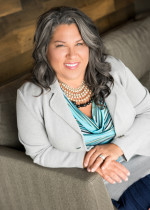
Tuesday, October 3
8:15 a.m. – 9:15 a.m.
Ditch the Drama! Hard-Wiring New Mindsets and Accountability in your Staff
Cy Wakeman
President & Founder, Reality-Based Leadership
Author, Reality-Based Leadership and The Reality-Based Rules of the Workplace
- Apply strategies to reduce emotional waste resulting in improved quality metrics.
- Recognize behavior that enables teamwork and improved patient care.
- Implement leadership tools that hardwire accountability in your organization.
- Understand the cause(s) of drama in your workplace and how to change the mindsets of your staff.
Why this is important:
Old patterns of leadership thinking are no longer sufficient for today’s changing healthcare landscape. Cy Wakeman, President and Founder of Reality Based Leadership, notes that drama is at an all-time high – the average person working in the OR and PACU spends over two hours per day in drama. Therein lies the newest challenge for leaders – how do we motivate our teams to create amazing and safe patient experiences, great outcomes, all the while keeping staff engagement high and drama low? In this keynote, new tools for coaching and accountability will be revealed, empowering leaders to work through “learned helplessness,” rally their teams, and create the organizational alignment necessary to deliver extraordinary patient care.
Breakout
Session
Tuesday, October 3
10:45 a.m. – 12:00 p.m.
Data-Driven Change in Your PACU
Bethany Daily, MHA
Senior Administrative Director, Perioperative Services
Massachusetts General Hospital
Ana Cecilia Zenteno Langle, PhD
Operations Research Manager
Massachusetts General Hospital
After this session you’ll be able to:
- Examine how data-driven analysis informs system design and improvement.
- Integrate new care paths for specific patient populations into existing systems.
- Understand the value of post-implementation analysis.
Why this is important:
Join Bethany Daily and Cecilia Zenteno as they describe how they used data to inform capacity and workflow decisions at Massachusetts General Hospital to create a positive culture change. Based on their analysis, Daily and Zenteno implemented changes in three arenas: 1) planning for a change of location for treatment of ECT patients, 2) planning for the PACU care of the pediatric surgical population at MGH in newly constructed space, and 3) patient placement decisions for short-stay postoperative patients. Learn how to gather and evaluate your own numbers to enforce change in your PACU, regardless of your institution’s size.
Breakout
Session
Tuesday, October 3
2:00 p.m. – 3:15 p.m.
Strategies for Breaking Down Perioperative Silos
Bradley Getz, MD
Anesthesiologist
Ohio Health Grant Medical Center
Donna J. Doyle, MS, RN, CNOR, NE-BC
Administrative Director Surgery & Anesthesia
Ohio Health Grant Medical Center
After this session you’ll be able to:
- Redefine how the delivery of anesthesia in remote settings creates new patient populations for postanesthesia care units (PACUs).
- Discuss how PACU departments may be used as ancillary care areas for inpatient departments.
- Understand the relationship of anesthesia and nursing leaders in establishing safe and efficient PACU settings.
Why this is important:
Why have postanesthesia care units evolved into patient care areas for a variety of departments other than the operating room? The explanation is quite simple: Patients require the level of expertise possessed by a PACU nurse as well as pain management oversight by an anesthesiologist. In this session, Dr. Getz and Ms. Doyle will discuss the importance of and tools for improving PACU and anesthesia nursing collaboration. Getting these two to work together is not as easy as it looks. Leadership must develop evidence-based practices for these two roles to work in coordination with one another. Learn to develop standards to meet the ever-changing patient care requirements for a safe recovery. Leave with ideas on developing a cohesive team environment to successfully adjust to the demands of your busy facility.
Keynote
Speaker
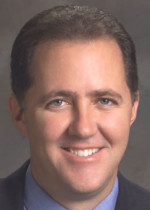
Tuesday, October 3
4:30 p.m. – 5:30 p.m.
PACU Track
The Magic of Customer Service: Training your Staff for Excellence
Dennis Snow
President, Snow Associates
Former Walt Disney World Company Executive
- Discuss the four critical elements of service excellence.
- Develop tools for helping your team see the healthcare experience through the eyes of your customers.
- Understand customer expectations and approaches for exceeding those expectations.
- Determine mechanisms for involving your team in ongoing service improvement.
Why this is important:
Nurse leaders have numerous customers. In a single day, you interface with staff, physicians, other health care leaders, patients, families, and even in some cases, a board of directors. How can you view situations through their eyes, and use that perspective to create a culture of excellence in your organization? Providing world-class service in a healthcare setting is not simply a matter of smiling staff who say “please” and “thank you”. World-class service is an all-encompassing approach to making excellence business as usual, involving every member of the organization’s team. Developing a brand that identifies you and your team as providers of unparalleled customer care will give you the edge to be successful in the new normal health care environment. Join Dennis Snow, former Walt Disney World Company Executive, as he provides a “how-to” program for creating a service-driven culture.
Wednesday
General
Session
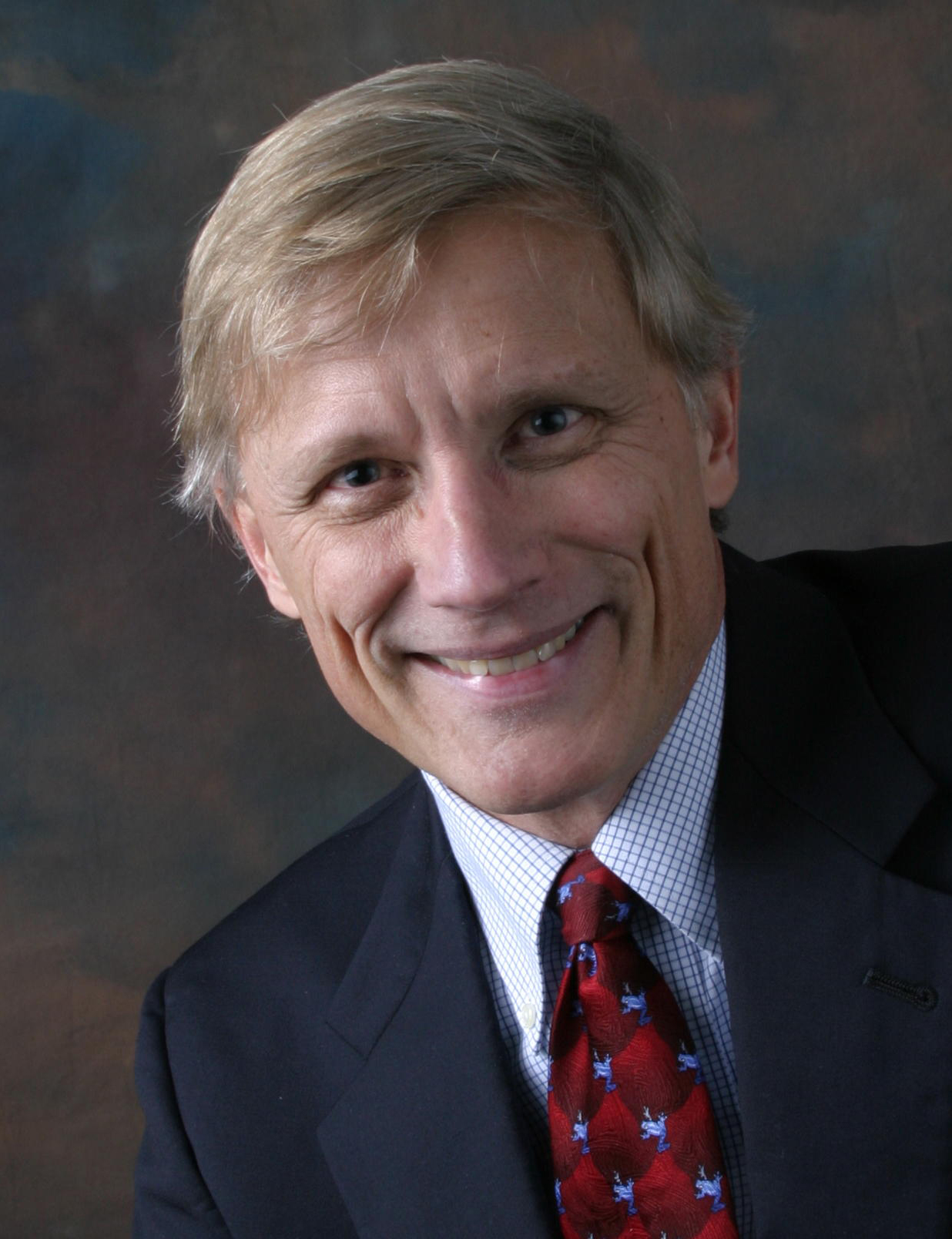
Wednesday, October 4
6:30 a.m. – 8:00 a.m.
From the Ground Up: Building a Culture of Ownership in Your Facility
Joe Tye
CEO and Head Coach
Values Coach Inc.
After this session you’ll be able to:
- Define the “Invisible Architecture” model for building a culture of ownership in your facility.
- Identify the essential characteristics of building a culture of ownership in the healthcare setting.
- Understand the necessary leadership skills for promoting an organization-wide culture of ownership in your staff.
Why this is important:
It doesn’t take an engineer to understand why a healthcare organization’s “Invisible Architecture” – a foundation of core values, superstructure of organizational culture, and interior finish of workplace attitude – is no less important than its visible architecture. Start your day with Joe Tye as he provides strategies and practical solutions to help improve organizational culture. Investing in your organization and your people can enable a significant change in productivity, employee engagement, nurse satisfaction, recruitment and retention, as well as quality of care. In his presentation, Tye will teach you to use both personal strategies for being a more effective leader and organizational strategies for building a culture of ownership.
Please note that breakfast will be served from 6:30 a.m. – 7:00 a.m.
Presented by:

Breakout
Session
Wednesday, October 4
8:15 a.m. – 9:30 a.m.
Laying the Foundation for Preop and PACU Staffing Coverage & Competency
Allan Joseph V. Cresencia, MSN, RN, CPN
Clinical Nurse II
Children’s Hospital Los Angeles
After this session you’ll be able to:
- Discuss American Society of PeriAnesthesia Nurses’s (ASPAN) standards, practice recommendations, and interpretive statements regarding competency of Postanesthesia care unit (PACU) nursing.
- Understand the foundations of pediatric PACU nursing.
- Describe best practices for PACU staffing.
Why this is important:
Postanesthesia care unit nursing is a specialized area that requires specific knowledge, skills, and expertise in managing the safe and effective care of patients, including pediatric age groups. Allan Cresencia will discuss the issues that arise for experienced PACU leaders regarding competency and staffing. In doing so, he will enlighten some of the gray areas in nurse staffing by suggesting standards to put into place in your PACU, including ASPAN standards, practice recommendations, and position statements. How solid is the foundation of scheduling and training in your PACU? Find out in this presentation by assessing various case scenarios and having your specific questions answered.
Breakout
Session
Wednesday, October 4
9:45 a.m. – 11:00 a.m.
Principles for Change: Developing an ERAS Program for Your PACU
Debbie Hall, MSN, RN, CNOR, NE-BC
Director of Surgical Services
Norton Audubon Hospital
Desirée Chappell, MSNA, BSN, CRNA
Certified Registered Nurse Anesthetist
Norton Audubon Hospital
After this session you’ll be able to:
- Explain the basic tenets of enhanced recovery after surgery (ERAS).
- Discuss a practical approach to ERAS implementation in the PACU.
- Describe the role the PACU plays in supporting the implementation of an ERAS organizational program.
Why this is important:
Initiatives for ERAS have been shown to improve the care and outcomes of the surgical patient as well as qualitatively benefit the healthcare system. The speakers will discuss the principles of ERAS and ways to develop a successful program, with influence from John Kotter’s principles for change, which include creating excitement and urgency for change; education of provider, staff, family, and patient; and engagement of those involved in ERAS. You will examine the unique and essential role of the postoperative anesthesia recovery unit in an ERAS program, including maintaining the balance in fluid therapy, continuing pain management, and introducing the initial elements of the recovery phase. Learn just how important an ERAS system is along the dangerous ride for the patient from anesthesia to an awakened stage of active recovery.
Keynote
Speaker
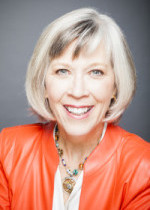
Wednesday, October 4
11:15 a.m. – 12:15 p.m.
Batten Down the Hatches: Engaging Your Team in Stormy Times
Vicki Hess, MS, RN, CSP
Speaker, Trainer, and Consultant, Catalyst Consulting, LLC
Author, 6 Shortcuts to Employee Engagement: Lead & Succeed in a Do-More-with-Less World and SHIFT to Professional Paradise: 5 Steps to Less Stress, More Energy & Remarkable Results at Work
- Understand the importance of transformational leadership as a means to improved engagement.
- Communicate with your staff in a way that everyone feels empowered.
- Create a system of shared responsibility for engagement.
- Deeply connect with your team so that you all feel re-energized and more motivated.
Why this is important:
Stormy times are ahead. Health care is transforming right before our eyes. As an OR leader, you are doing more with less, adapting faster, and managing uncertainty on the fly. How are your direct reports holding up? Are they adjusting quickly enough to keep up with the changing healthcare landscape? Transformational leaders work with their team to boost morale and increase engagement, as well as inspire a vision to guide change. In our closing keynote, fellow nurse, Vicki Hess, MS, RN, CSP, will equip you with the tools to successfully engage your team. You and your team will be ready to transform in the storm.
Quick Info
Location
Gaylord Palms Resort and Convention Center
Orlando, Florida
Date
October 2-4, 2017
CE Credits
Earn up to 19.0 CEs and 14.75 AEUs through workshops, breakout sessions, and keynotes. Additional credit hours can be earned through poster sessions and exhibitor presentations.
Rates
EARLY BIRD DISCOUNT
$599
